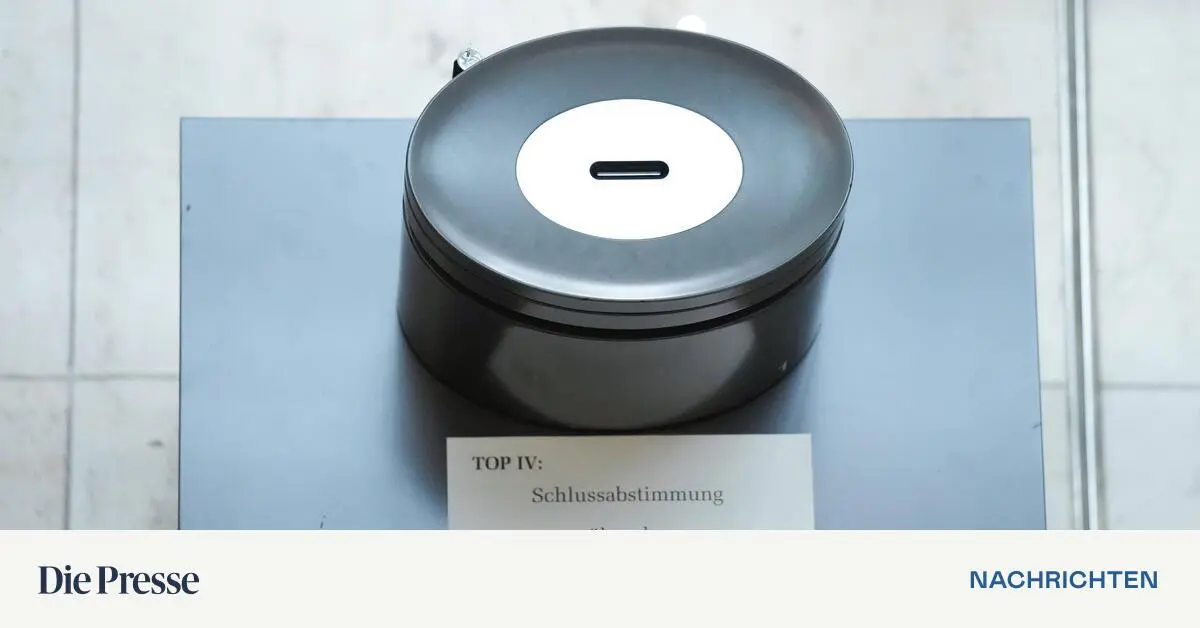It is planned to spend about 477 billion euros and new debt worth 39 billion euros. The Bundestag had earlier decided to gradually reduce agricultural diesel subsidies – despite farmers' protests.
The German Bundestag approved the 2024 budget on Friday after a long struggle. It is planned to spend about 477 billion euros and new debt worth 39 billion euros, which mathematically fully corresponds to the upper limit of the debt brake. The coalition factions voted in favor, and the other MPs voted against in a roll call vote.
The German Bundestag, with a coalition majority, had already approved the budget financing law, which legally secures austerity measures. The 2024 law provides, among other things, for an increase in the aviation tax, possible penalties for citizens' benefits and a gradual reduction of agricultural diesel benefits, as well as changes to the rules for parental benefits.
The German Federal Council also still has to discuss the matter
The final debate on the 2024 budget is also scheduled to take place in Germany's Federal Council on Friday. The coalition had also planned this for the budget financing law. But the countries led by the Union did not agree to shorten the period required for this because they reject the reductions on agricultural diesel contained in the law.
Government spokesman Stephen Hebstreit was calm about the delay. He referred to the formal procedures established by the German Federal Council. However, the law will be approved at the next meeting of the Federal Council, “and in this regard there will be clarity,” he said in Berlin. This meeting is scheduled to be held on March 22.
Difficult fronts in the debate in the Federal Council
However, there may be a delay in some government projects and financing programmes, such as the development of municipal heating networks, due to the subsequent entry into force of the Budget Financing Law. In the latest round of budget debate in the German Bundestag on Friday morning, different opinions clashed again.
Dennis Rudd, the SPD's chief budget officer, stressed that there is a “budget that is compatible with the constitution and provides planning and investment security.” Green Party budget expert Sven Christian Kindler emphasized that the budget guarantees “social security in turbulent times” and contains significant investments in climate protection. State Minister of Finance Florian Tunkar highlighted the successes achieved in consolidating the budget and reducing debt levels.
The “circus guru” provides entertainment
As for the Christian Democratic Union and Christian Social Union, budget spokesman Christian Haas accused the coalition of “controlling the people.” Peter Boehringer, a member of the Alternative for Germany party, spoke out against spending on support for Ukraine and the energy transition. Left-wing politician Jessene Loach accused the traffic light parties of adopting a “policy of cuts” through which they contribute to strengthening far-right parties.
Budget Committee Chairman Helge Braun (CDU) amused himself when he said that “professional experience as a circus teacher would not have been bad” to lead the committee's sometimes tumultuous meetings. The word “circus guru” was then taken up by almost all the other MPs in their contributions to the debate. (APA/AFP)

“Food practitioner. Bacon guru. Infuriatingly humble zombie enthusiast. Total student.”








More Stories
Kyiv: Russian Kursk offensive halted
US Presidential Election: Former US Government Officials Warn Against Donald Trump's Election
Netherlands wants to leave asylum system